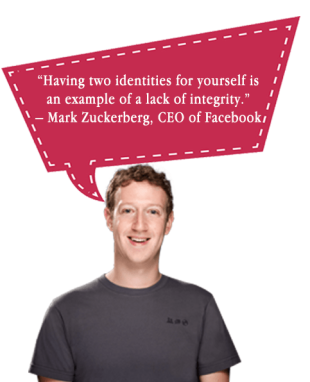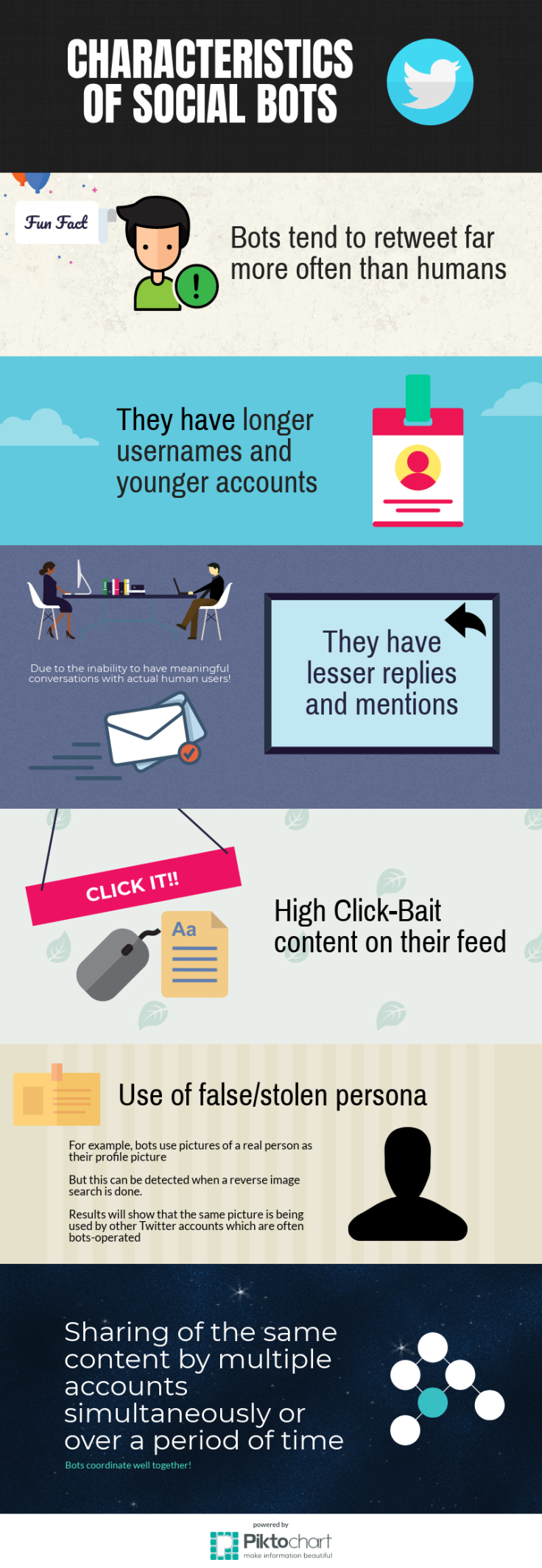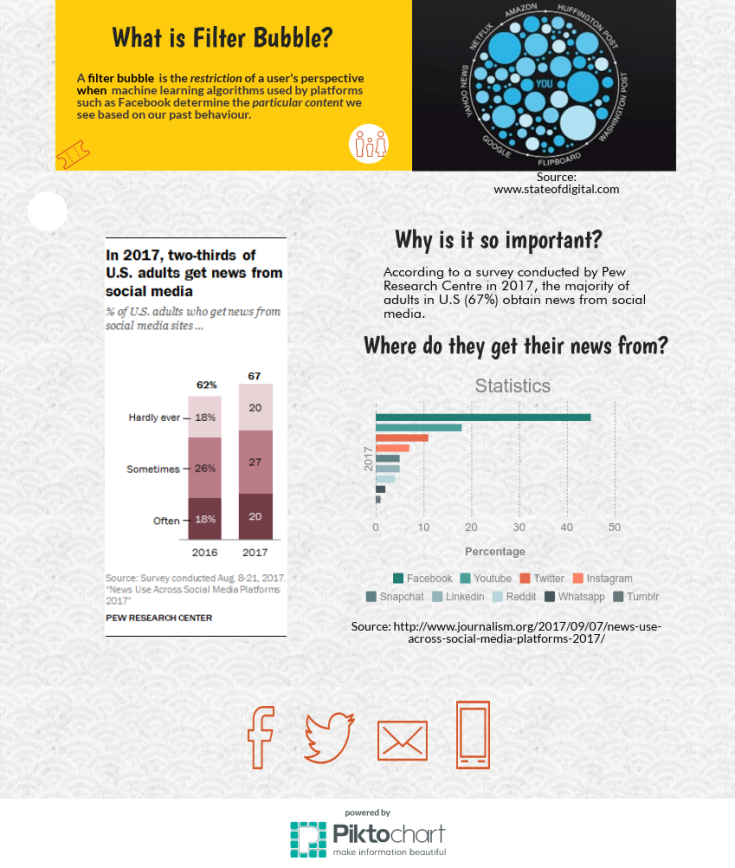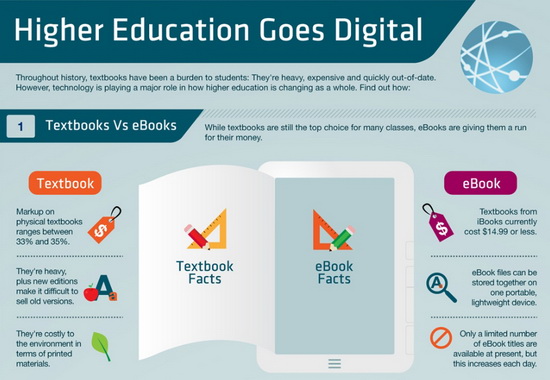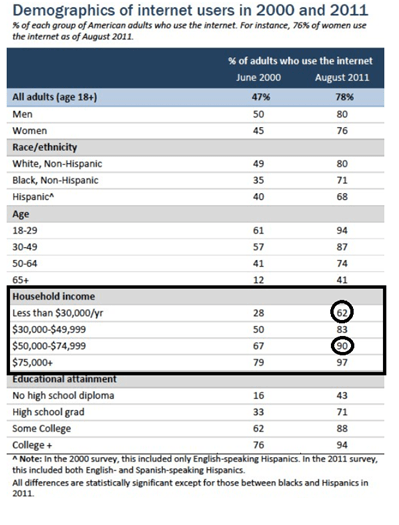
End of a Great Chapter. On to the Next!
After researching, creating, discussing and reflecting on various topics, I gained valuable insights from this module. Now, I truly appreciate the challenges as well as opportunities associated with it. To bid this module farewell, here’s a Final Reflection to bring you through my learning journey and the development of my digital profiles.
Continue reading →


